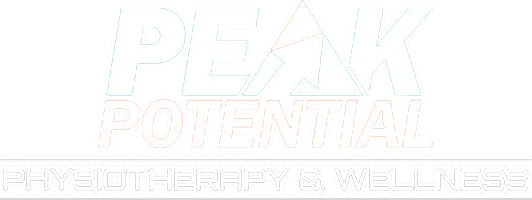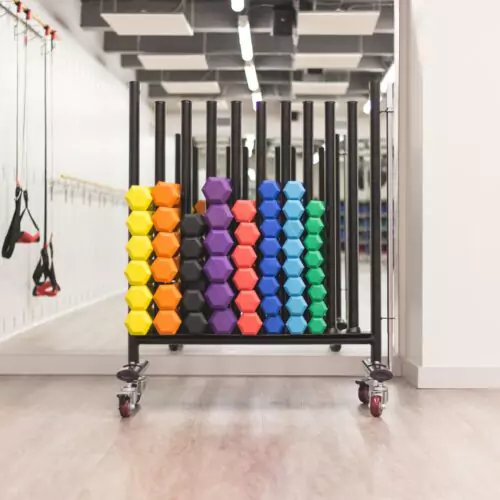Weight training at any age has countless benefits. However, if you are over the age of 50 it could literally change the trajectory of the rest of your life.
After age 30, the natural aging process stops the production of new muscle cells in your body. If you choose to do nothing, you begin slowly losing muscle mass. By the time you’ve reached your 50s, you will be losing muscle at the rate of 1 to 2 percent per year.
This might seem like a harmless process of aging, or even inevitable. However, this loss of muscle mass leads to conditions such as osteoporosis, poor posture, joint pain, and even diabetes. This ultimately leaves us less functional and unable to do physical activities that were routine in our youth.
Due to many myths surrounding weightlifting as we age, many people opt for lighter lower impact activities just as walking and swimming. These are excellent for cardiovascular endurance and longevity. However, putting muscle in your body by strength training is what will maintain your quality of life.
So, no matter how old you are — 50, 60, 70, 80, or older — let’s address 5 common misconceptions about strength training and start reversing the process of muscle loss.
Myth #1 – It’s dangerous to lift weights at my age.
Any exercise, at any age, if done incorrectly can cause injury. However, done properly, resistance training has extraordinary benefits no matter your age. You are already “resistance training” when you carry a grandchild or lift groceries in and out of the car, so start there and progress slowly.
Myth #2 – I’ll no longer benefit from resistance training as I age.
Resistance training is a must to maintain a good quality of life as you age. The benefits are numerous, including improved bone density, endurance, balance, blood pressure, and body composition. It may not be quite as easy, but it is possible to build muscle at age 80 just as it was when you were 20.
Myth #3 – If I stop lifting, my muscles will turn into fat cells.
Muscle cells and fat cells are completely different and one can not turn into the other. However, the muscle you build will help your body burn more of fat cells. The more muscle you have, the higher your metabolism will be. Therefore, if you lose muscle your overall body composition is likely to change as you store more body fat.
Myth #4 – I’m too old to start strength training now.
Maybe you have never incorporated strength training into your exercise regimen . . . or never exercised at all. But, no matter how weak you may feel, there are strengthening exercises for you. Start with a low weight, or even no weigh, using your own body weight for resistance and slowly build up as you feel stronger.
Myth #5 – I can’t lift weights because I have chronic health conditions.
People are often concerned about starting a strength training program when they have joint pain, heart conditions, or diabetes. Resistance training is actually found to decrease chronic pain, even in arthritic joints. When heart, lung, or blood sugar are a problem, start training with a health care practitioner that can monitor your symptoms. A program can then safely be established and progressed for you to continue on your own.
Whatever you do, don’t let fear keep you from enjoying your best life!
If you have a lot of these concerns when it comes to starting a strength training program, you might want to recruit a personal trainer or physical therapist to teach you some basic exercise technique. In the healthcare setting, we can evaluate your susceptibility to injury and make necessary recommendations. In addition, we can assure you are using appropriate resistance and you are using good lifting form.
The biggest challenge most face as they begin (or progress) a weight training program in their 50’s, 60’s and 70’s is recovery. The aches and soreness tend to linger longer and old injuries tend to creep up.
Catch those injuries before they risk limiting your activity with some tips from our FREE report “7 Secret Recovery Strategies Pro Athletes Know and Use”. You don’t have to be a pro (or even consider yourself an athlete) to take advantage of these strategies starting TODAY. Click the download link below to get this FREE report.


